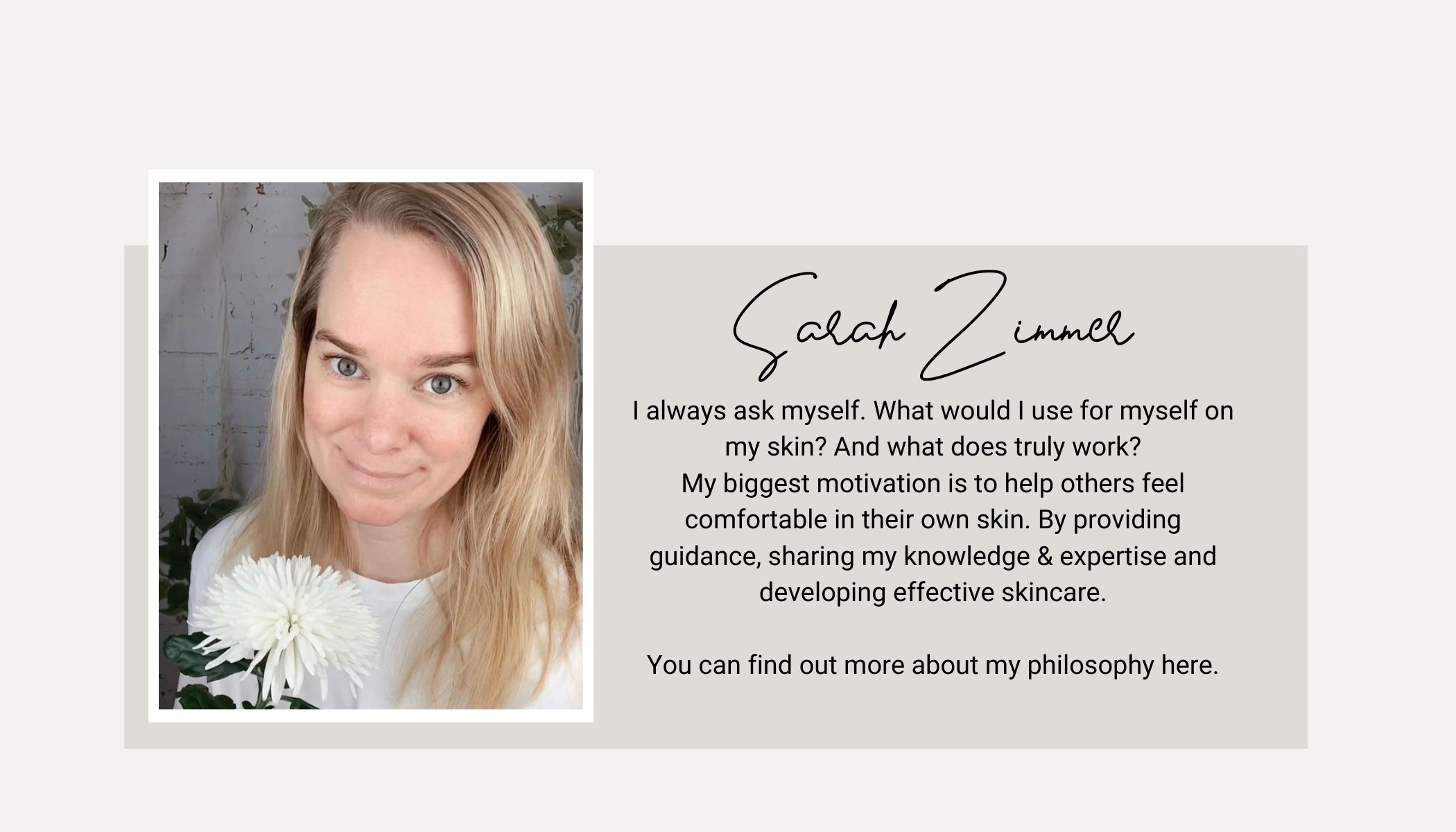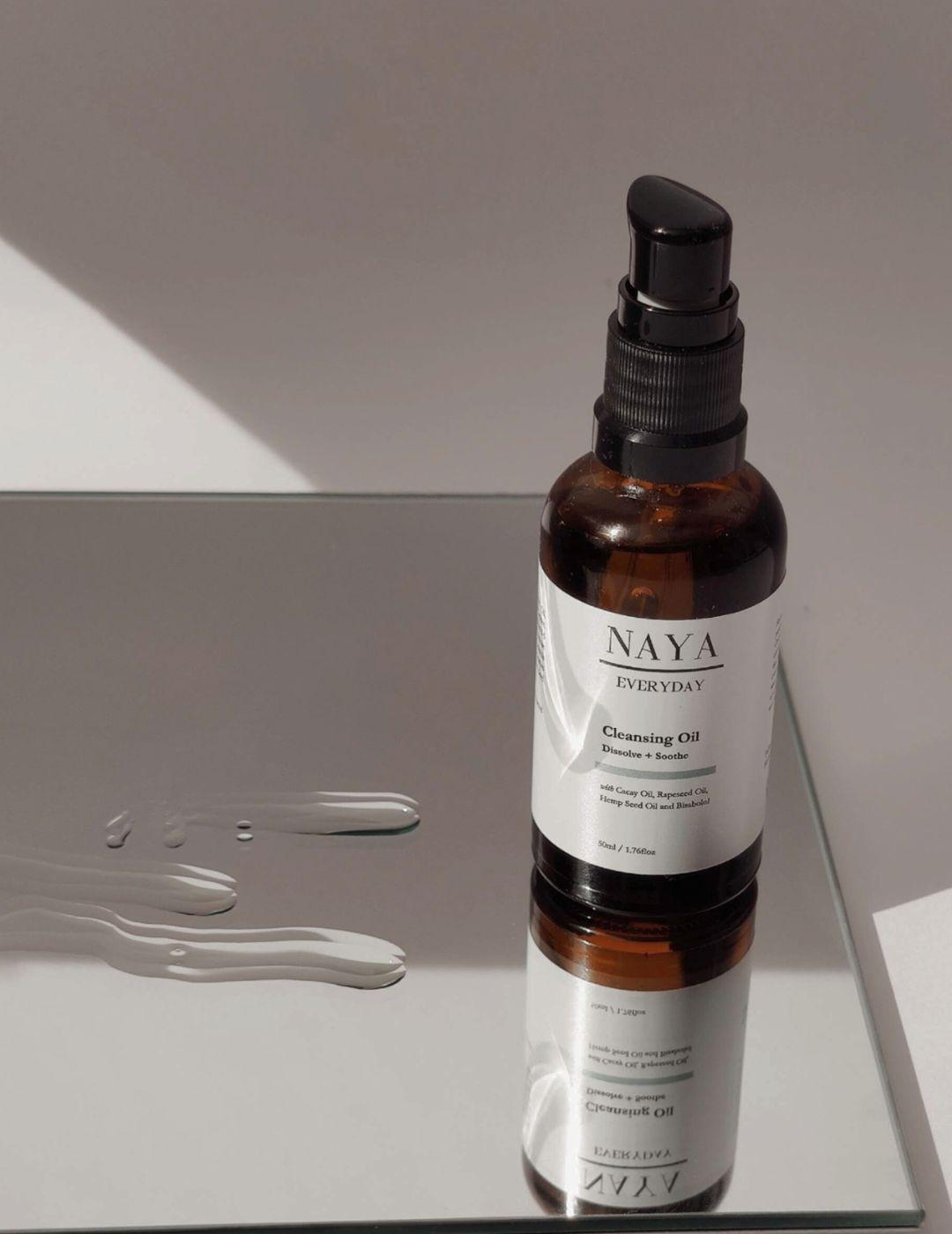Retinal vs Retinol: Which is More Effective for Anti-Aging and Skin Renewal?
Retinal vs Retinol: Which Is More Effective for Anti-Aging?
The skincare industry has been abuzz with discussions about Retinal (also called Retinaldehyde) vs Retinol, especially after the launch of Retinal products by major skincare brands. Many claim that Retinal is 10x more effective than Retinol or even “tretinoin strength without the irritation.” But is this really true, or is it just another marketing claim? Let’s dive deep into the science behind Retinaldehyde vs Retinol to uncover whether Retinal is indeed stronger than Retinol.
What is the Difference Between Retinal and Retinol?
Retinal and Retinol are both part of the retinoid family, which means they are related compounds that aid in skin cell turnover. However, they differ in how they convert into the active form of Vitamin A, retinoic acid, which is responsible for rejuvenating skin and reducing fine lines and wrinkles.
- Retinal is only one conversion step away from retinoic acid, making it a more direct and potentially more potent ingredient compared to Retinol, which requires two conversion steps to become retinoic acid.
- Because of this, Retinal is considered to be more efficient at delivering the skin benefits associated with retinoids.
Why Is Retinal So Buzz-Worthy in Skincare?
Retinal has recently gained popularity due to its perceived ability to provide faster results than Retinol, as it’s closer to retinoic acid in the retinoid conversion process. While Retinal claims to be up to 11x more effective and 10x faster than Retinol, the reality is not so straightforward. In clinical studies, Retinal is shown to have similar effects to Retinol, especially at equivalent concentrations, and its potency is not necessarily as dramatic as claimed by some beauty brands.
Is Retinal Really More Potent Than Retinol?
Despite claims that Retinal is “potent than Retinol,” studies have shown that the difference in efficacy is not as significant as some suggest. A 2021 study comparing Retinal to Retinol found that 0.05% Retinal performed similarly to 0.05% Retinol in terms of improving skin hydration, elasticity, and reducing wrinkle depth. However, Retinal did show some improvement in melanin index, which could help with pigmentation and skin tone.
The main advantage of Retinal over Retinol is that it is more efficient in terms of conversion, but it still comes with challenges like stability issues in formulations. Retinol, despite being less potent in conversion, is much easier to formulate and more stable in skincare products.
How Does Retinal Compare to Tretinoin?
Tretinoin is the prescription-strength retinoid, which is the most potent form of Vitamin A used for treating acne and signs of aging. While Retinal is sometimes touted as being comparable to tretinoin, it is important to note that tretinoin still outperforms Retinal in many cases, especially for more advanced skin concerns like severe acne or deep wrinkles.
Retinal Side Effects and Considerations
Like all retinoids, Retinal can cause side effects, especially for those with sensitive skin. These can include dryness, peeling, redness, or irritation. Retinol also shares these side effects, but they are often milder and can be managed by starting with a lower concentration and building up tolerance. If you’re new to retinoids, you may want to start with a lower percentage of Retinol or Retinal and gradually increase it as your skin builds tolerance.
Best Form for Different Skin Types
Retinal and Retinol can be suitable for all skin types, but sensitive skin types may need to be more cautious, especially with Retinal. Since Retinal is more potent, it may cause irritation faster than Retinol. For individuals with sensitive skin or those prone to irritation, it’s recommended to start with Retinol or use Retinal in a more encapsulated form, which is a recent development in skincare that helps stabilize Retinal.
Conclusion: Should You Choose Retinal or Retinol?
Retinal has its advantages in terms of potency and speed of conversion to retinoic acid. However, the practical difference in terms of efficacy is not as vast as some claim. Retinol is a proven, effective ingredient for promoting cell turnover, reducing fine lines, and enhancing overall skin texture.
If you’re looking for faster results, Retinal might be a good choice, but be mindful of its stability issues and make sure the product is formulated with encapsulation to ensure the ingredient remains effective throughout the product's life.
For beginners or those with sensitive skin, Retinol is still a solid and reliable option, with a more established track record for anti-aging and skin renewal.
References
Lidén, M., & Eriksson, U. (2006). Understanding retinol metabolism: structure and function of retinol dehydrogenases. Journal of Biological Chemistry, 281(19), 13001-13004.
Pechere, M., Pechère, J. C., Siegenthaler, G., Germanier, L., & Saurat, J. H. (1999). Antibacterial activity of retinaldehyde against Propionibacterium acnes. Dermatology, 199(Suppl. 1), 29-31.
Bailly, J., Crettaz, M., Schifflers, M. H., & Marty, J. P. (1998). In vitro metabolism by human skin and fibroblasts of retinol, retinal and retinoic acid. Experimental dermatology, 7(1), 27-34.
Ha, J. H., Choi, H., Hong, I. K., Han, S. K., & Bin, B. H. (2022). Study on Stabilization of Retinaldehyde using Drug-in-Cyclodextrinin-Liposome (DCL) for Skin Wrinkle Improvement. Journal of the Society of Cosmetic Scientists of Korea, 48(1), 77-85.
Kwon, H. S., Lee, J. H., Kim, G. M., & Bae, J. M. (2018). Efficacy and safety of retinaldehyde 0.1% and 0.05% creams used to treat photoaged skin: A randomized double‐blind controlled trial. Journal of cosmetic dermatology, 17(3), 471-476.
Kim, J., Kim, J., Jongudomsombat, T., Kim BS, E., Suk, J., Lee, D., & Lee, J. H. (2021). The efficacy and safety of multilamellar vesicle containing retinaldehyde: A double‐blinded, randomized, split‐face controlled study. Journal of cosmetic dermatology, 20(9), 2874-2879.







Leave a comment